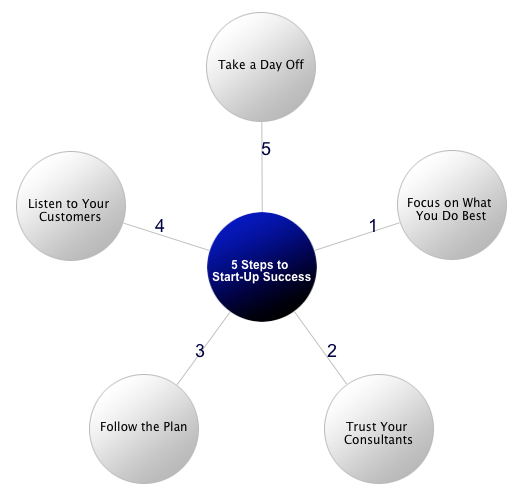You might be a smart designer with an innovative product idea. You’ve done your homework and defined the target audience and confirmed there is a real need for your product. You have researched and tested what end-users would be willing to pay for your product. With value proposition in hand, you have written a sound business plan and enticed a group of angel investors to provide you with seed money to start your business. Now the fun starts, right? Not necessarily. Unfortunately, in many cases, this is actually where the fairy tale typically ends.
Start-ups often fail because the product inventor, as brilliant as he or she may be, doesn’t know how to run a business. And why should they? An advanced engineering degree with no professional experience in accounting, finance, manufacturing, marketing, or sales doesn’t qualify anyone to understand all of the intricacies of running a successful business, much less get a start-up off the ground. And most start-ups don’t recognise the problem until it is too late.
It takes many skill sets to run a business. Entrepreneurs often make the mistake of thinking that they can do it all, when in fact, they don’t have the experience. Just because you can design a product, doesn’t mean you can sell it. And, when you get involved in every little business detail, it takes away from what they do best: designing things. Many times the entrepreneur is trying to save money by doing all of the tasks that need to be done and not hiring people with the appropriate skills to do them. Other times, the entrepreneur simply doesn’t appreciate the skills involved in performing the various operational tasks, thinking they can handle it. It is usually not the case.
So how can an entrepreneur avoid these falling into the start-up trap?
1. Focus on What You Do Best
If you’re a skilled engineer and product designer, appoint yourself the chief technology officer and focus on designing the better mouse trap. You will be happier in the long run and your products will be better.
2. Trust Your Consultants
Hire part-time consultants to help you manage your business. You can easily find a part-time bookkeeper, manufacturing consultant, and marketing and sales professionals. Most importantly, hire people you trust and take their advice. They have skill sets you don’t possess and you can learn much from them.
3. Follow the Plan
Don’t be over-reactionary. It is tempting to react and switch gears every time a friend, family member, or business colleague makes a suggestion or shares a business observation. Stick with your plan and only make adjustments based on consistent data and analysis.
4. Listen to Your Customers
Don’t assume you know what the customer needs. Spend time in the field and listen. Your customers and prospects will help you design a product that delivers the most value.
5. Take a Day Off
Running your own company can seem like a 24/7 x 365 day a year job. Everyone needs a day off to relax and refresh. Monday morning will come soon enough.

